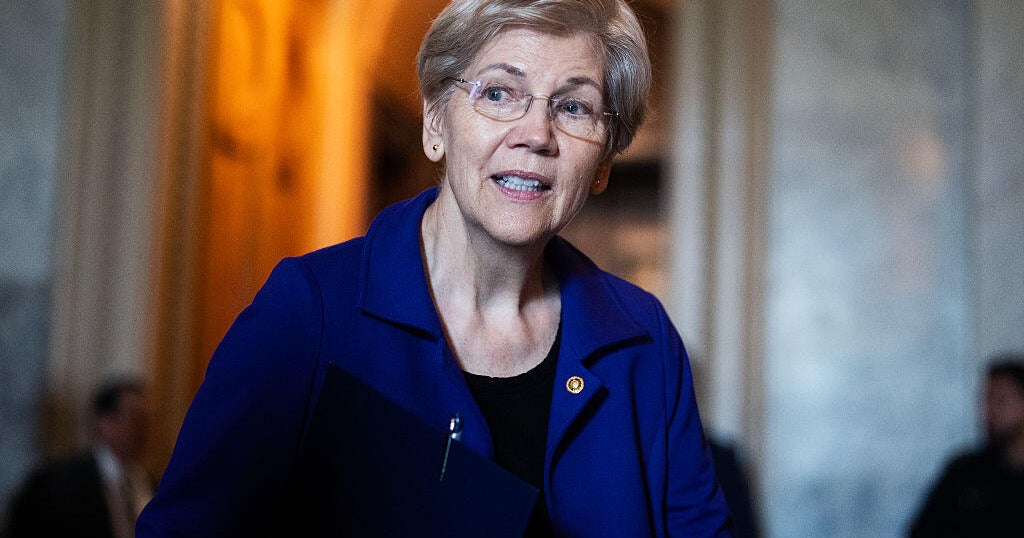Lee Jae-myung: From Factory Worker to South Korea's President – A Nation's Hopes and Hurdles

Lee Jae-myung's story is one of overcoming adversity. Born into a family struggling with financial hardship, his early years were far from privileged. He worked in factories during his youth, a stark reminder of the economic realities faced by many South Koreans. This experience instilled in him a deep understanding of the struggles of the working class, a perspective that has shaped his political ideology and promises to inform his policy decisions. His family’s struggles also included a traumatic period where his father, a labour activist, was imprisoned, further shaping Lee’s views on social justice and workers’ rights.
Despite the challenges he faced, Lee excelled academically and pursued a career in law. He quickly rose through the ranks of local politics, gaining a reputation as a progressive and outspoken advocate for the underprivileged. His tenure as Mayor of Seongnam, a rapidly growing city near Seoul, saw significant economic development and innovative social welfare programs. He championed policies aimed at reducing inequality and improving the lives of ordinary citizens, earning him a dedicated following and a platform for a national political career.
Lee’s presidency arrives at a critical juncture for South Korea. The nation is facing a complex web of challenges, both domestically and internationally. Economically, South Korea is grappling with rising inflation, slowing growth, and the impact of global supply chain disruptions. Lee has pledged to address these issues through a combination of targeted stimulus measures and structural reforms. He’s also a strong proponent of strengthening social safety nets and reducing income inequality, potentially through increased welfare spending and progressive taxation.
Geopolitically, South Korea finds itself caught between the competing interests of the United States and China, while also facing persistent threats from North Korea. Lee has expressed a desire to improve relations with both Washington and Beijing while maintaining a firm stance against Pyongyang’s nuclear ambitions. Balancing these competing priorities will be a key test of his leadership.
Domestically, South Korean society is deeply divided along ideological and generational lines. Lee’s progressive policies are likely to face resistance from conservative factions, and he will need to build consensus and bridge these divides to effectively govern. Furthermore, he must contend with ongoing debates about issues such as gender equality, immigration, and the role of government in the economy.
Lee’s election has been met with a mix of hope and apprehension. Supporters see him as a champion of the working class and a catalyst for much-needed social and economic reforms. They believe his experience as a local leader and his commitment to progressive values will enable him to navigate the challenges ahead. However, critics question his ability to compromise and his willingness to confront powerful vested interests. Some also express concerns about his confrontational style and his track record on ethical matters - he has faced several investigations regarding his conduct, though no convictions have been secured.
Ultimately, Lee Jae-myung’s presidency will be defined by his ability to deliver on his promises, unite a divided nation, and navigate the complex geopolitical landscape. His journey from factory worker to President is a testament to the power of perseverance and ambition, but the true test of his leadership lies ahead.






